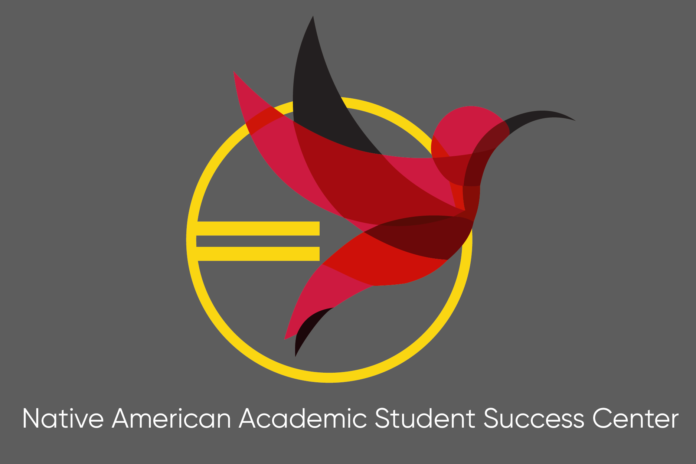Tori McConnell, in collaboration with faculty and other Native students, aims to break down the data of UC Davis’ Native student population to more fully represent its diversity
Tori McConnell, a fourth-year Native American studies major from the Yurok and Karuk Tribes of Northern California, helped to form the Native American and Indigenous Advisory Committee to the Chancellor in 2019 and is currently serving in her second term.
McConnell is currently working with the committee on a data disaggregation project that focuses on Native American student data. UC Davis’ data currently only reflects ethnic and racial categories, and disaggregated data on race and ethnicity at the UC level provides a breakdown of categories within every race and ethnic group, but doesn’t provide any further information under the “American Indian/Alaska Native” category. McConnell hopes that through the committee, she and other Native American students can work with the university to create a more accurate breakdown of data reflecting the Native American student population at UC Davis.
“Some of the student sentiment around the committee was we were feeling like we weren’t getting a whole lot done, we weren’t feeling like we were actually seeing a huge difference,” McConnell said. “And so one of the things we thought to change that was to look at the data.”
Erika Jackson, the assistant director of institutional research in charge of student success, has supported McConnell and the Native American and Indigenous Advisory Committee to the Chancellor. Since the project began, members of the committee and UC Davis staff members have focused on reviewing data on Native student retention and graduation rates as well as survey data regarding Native students’ experiences to help the committee better focus their efforts.
“As a campus committed to diversity and inclusion, it’s critical that we examine all of our measures of success by race and ethnicity so we can ensure that the UC Davis experience is benefitting all students,” Jackson stated via email. “Our goal is to eliminate gaps in retention and graduation between different racial and ethnic groups by 2030.”
Deserea Langley, a Ph.D. candidate in Native American Studies and Northern Paiute and Western Shoshone member of the Susanville Indian Rancheria, is the current chair of the committee.
“In starting the committee, we really noticed representational things that were happening in the Native student community that we weren’t happy about,” Langley said. “We’d seen appropriation of our culture, we’d seen the lack of Native representation in university administration. We are less than 1% of the population with Native faculty and staff [and] students are often on the periphery, so we really wanted to improve that.”
One factor that can cause inaccuracy in the data reflecting Native students is the fact that the federal government reports on Native Americans who also identify as Hispanic as only Hispanic, which obscures their Native American identity. In addition, the university has a policy stating that data on groups with fewer than 10 members cannot be reported. This policy may exclude smaller tribes from being included in data. A third factor, according to Langley, is that some applicants who self-report their ethnicity may indicate that they are Native American in hopes that this will increase their chances of being accepted or that it will help them receive a scholarship.
“It really hurts us because it looks like we have a larger population on campus than we do, and I think it’s hard on our students since we do have small numbers,” Langley said. “If there’s not enough resources on campus currently, how are we expected to get our numbers up? If our Native students don’t feel represented at the university campus, how are we expected to retain and recruit more Native students?”
Despite the challenges Native students face in promoting accurate representation of the groups under the broad category of “American Indian/Alaska Native,” Langley is hopeful that McConnell’s efforts will help Native students feel more comfortable and welcome at UC Davis.
“I’m really happy that [McConnell] started leading the charge on this data [disaggregation project] because I think we can see how Native students are going to be affected by feeling more represented in the community with the creation of the Native American and Indigenous Advisory Committee,” Langley said.
Because this is the first time a Native American student has undertaken a project of such nature, McConnell sees her efforts as an opportunity to better understand the needs of the Native American student population as she continues serving on the committee.
“We’re definitely in the beginning stages of trying to figure out, ‘Is this data even useful?’” McConnell said. “Does it actually reflect what we want and what we need? It’s all part of the process, the birthing of trying out something new, something different and seeing if it’s an effective tool for improving the UC Davis campus for Native peoples and its relationship with Native peoples.”
Written by: Lyra Farrell — features@theaggie.org



